Fiction writing rules in the National Post online
Posted February 26, 2010 by Terry Fallis
Taking a cue from the Guardian’s Rules for Writers series in the U.K., Brad Frenette, at the National Post and its Afterword blog, asked the authors of the eight shortlisted books for Canada Also Reads to submit their own fiction writing rules. My contribution, hastily considered and created to meet the National Post’s deadline, appeared on the Afterword blog this morning. Who am I to be cooking up writing rules anyway. But I always try to do what I’m told.
So, here are my ten rules, such as they are:
- Very few rules apply to all writers. Every writer is different, so only observe these rules if they happen to work for you. If they don’t, make up your own rules to break.
- Create a quiet, comfortable space for writing. Then, write there often. If that’s too regimented, carry a notebook and try writing wherever you find yourself, whether it’s Starbucks or the JiffyLube when your car is up on the hoist. As well, write in stretches of at least four hours so that you can get into a groove and not feel rushed or forced by the clock. If you don’t have four hours anywhere in your life, try writing in short snippets and see if that works.
- I’m an “outliner†so I favour investing the time up front to map out a story in considerable detail. For writers with a fulltime job and not enough spare time for writing (like me!), I find you can maximize efficiency if you know what happens and where you’re going in each chapter. If that doesn’t work, try starting with a blank page and follow where your story leads you. This seems to work for many writers, though it’s a foreign concept to me.
- Read. I don’t know many great writers who aren’t also great readers. Although I do know lots of readers who aren’t writers. What was my point again? Oh yes. Reading is professional development for writers. In other careers, people go to conferences and take courses. Writers read. (Having said that, I’ve spoken at a few writers conferences and will be teaching a course in the fall, so what do I know?)
- Worry less about finding an agent or publisher, and more about your manuscript. (I know, I know, easy for me to say.) But most agents will tell you it’s really all about writing. Landing an agent and/or publisher will be easier if your manuscript is as good as it can be.
- When your manuscript is finished, for the first time, let it sit for a couple of weeks before you return to it. Time inflicts distance and perspective, which almost always inform and aid editing.
- Read your writing aloud. You’d be surprised how often I rearrange a sentence or choose a different word after hearing my writing, rather just looking at it. It was one of the benefits of podcasting my first novel before it was ever a book.
- Print out your manuscript-in-progress once in a while. It’s easier to read it, and the growing stack of paper provides a sense of progress and satisfaction that can help you through the home stretch.
- Visualize the scenes you’re writing as if you’re a movie director. This will add realism to your words, and help you decide what to describe and what not to. If it helps, go ahead and cast major stars as the main characters so you can see them in your mind.
- I know this seems like a drag and may appear to contradict Rule #5 above, but when your book is written, commit as much effort to promoting your book as you did to writing it. Build an audience by using the online tools to which we all now have ready access, like podcasting and blogging. Offer to do readings at libraries and book clubs. Enter your book in competitions and awards. Sit on panels. Get out there, even if it’s uncomfortable. Publishers like it when you do this because you sell more books. And, you get better at it with practice. You might even come to enjoy it. I know I have.
On Monday, March 1, the essays defending each of the Canada Also Reads finalists begin. TBLP is being defended by singer/songwriter and all-round great guy, Andy Maize of the Skydiggers. I’m not sure which day his essay will run but you can bet it will commemorated on this humble blog.
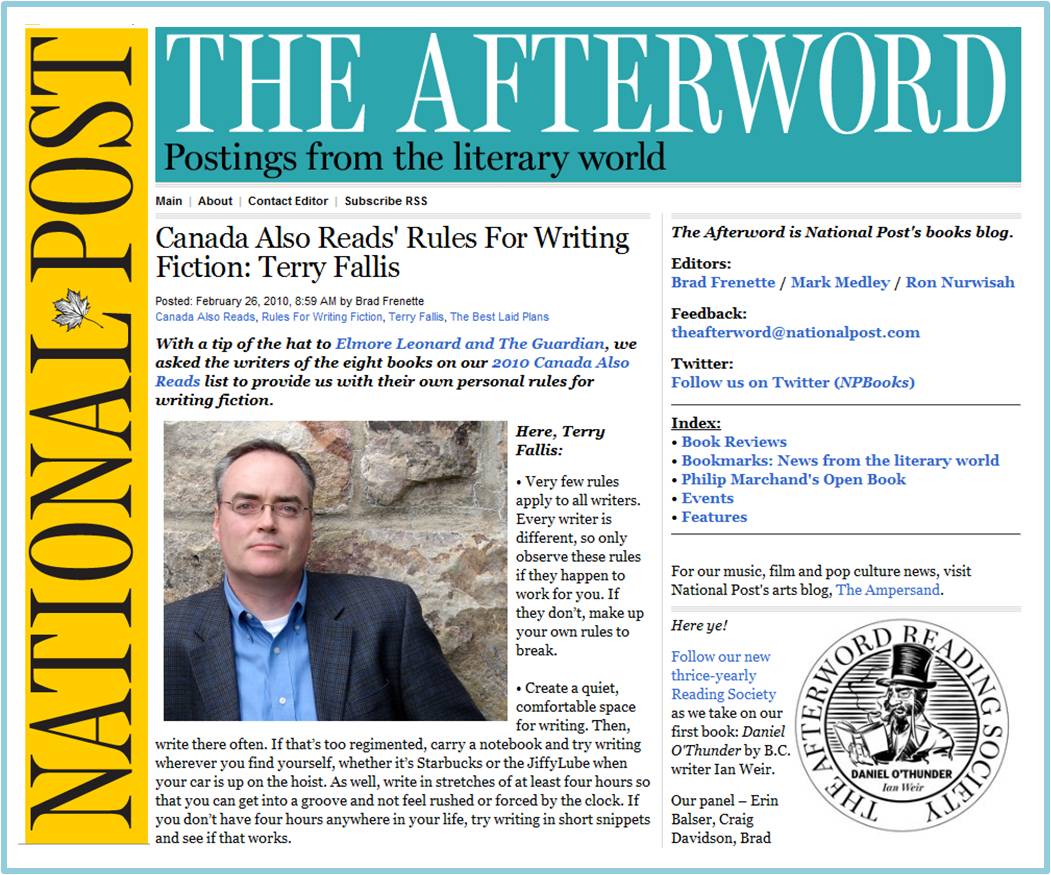



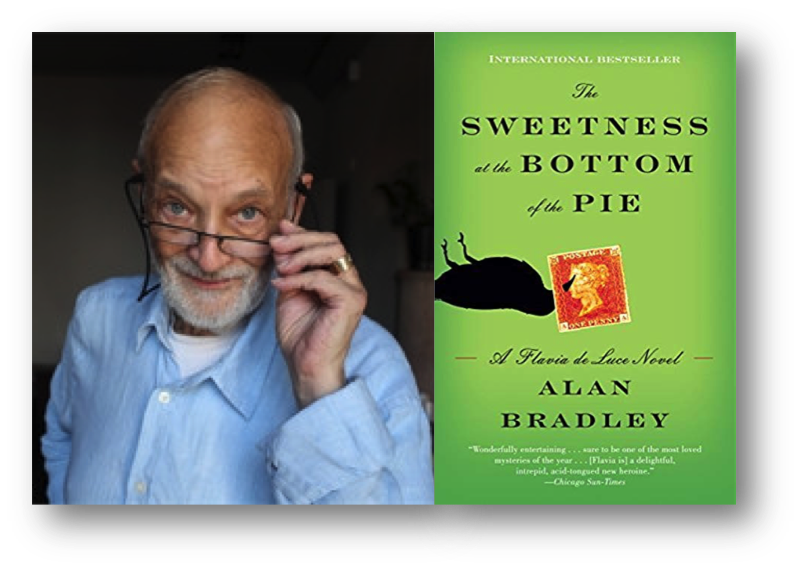
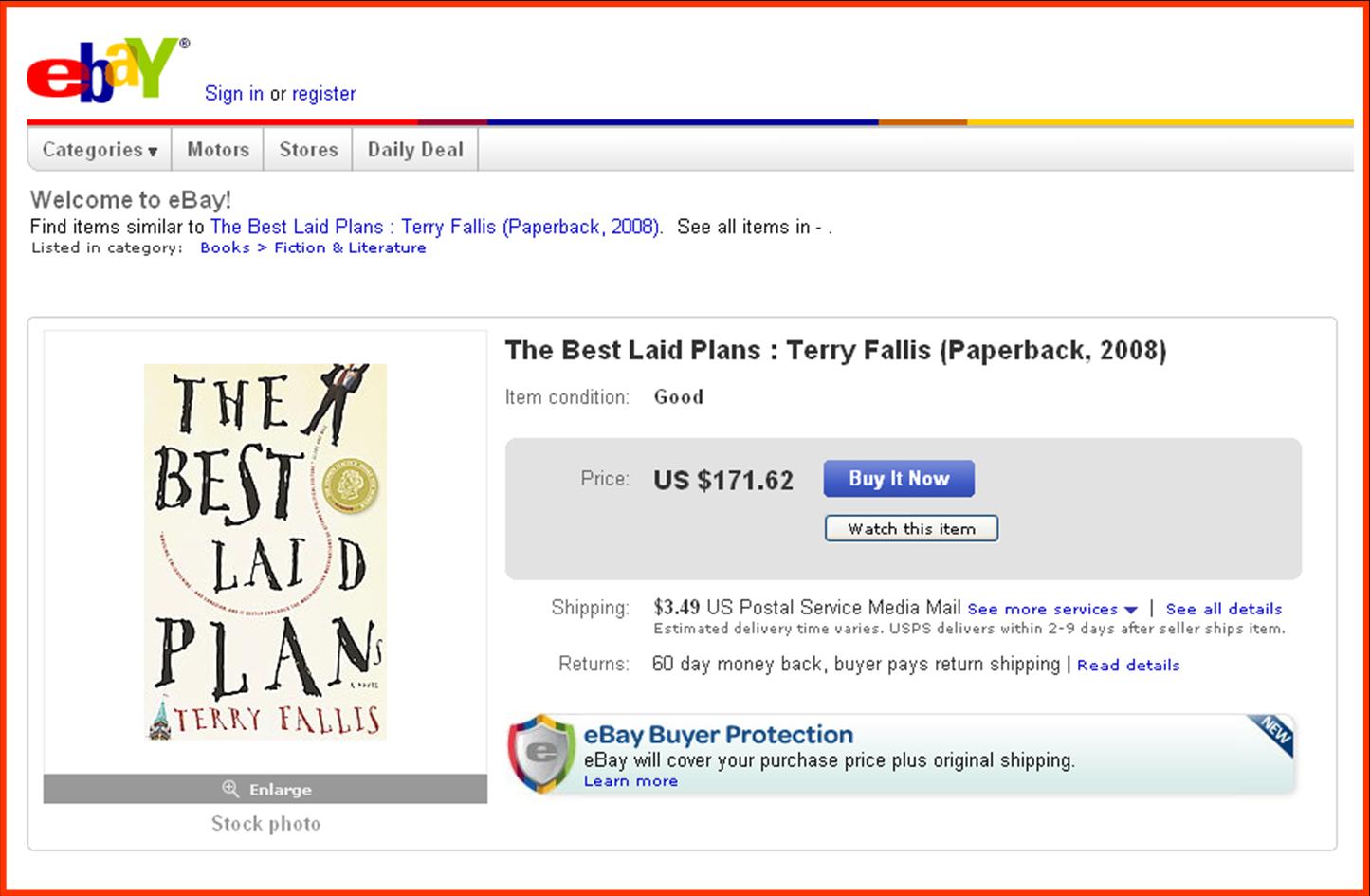

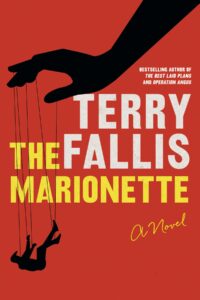
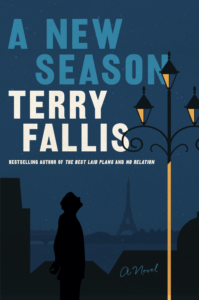
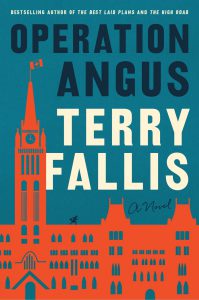
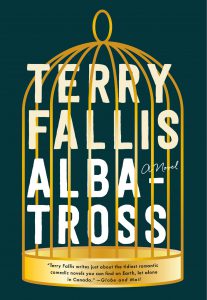
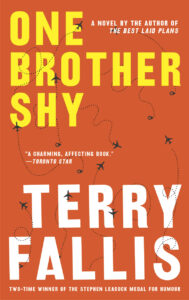
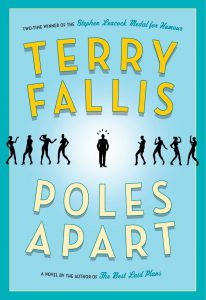
Terry,
Fun list… thanks for writing it. I do agree particularly with your point about reading your text aloud. It has definitely helped me as well, even though all my books are technical non-fiction books. There is just something about speaking the text that helps you help the text to flow.
Your last point on promotion is critical, too, but then again I’m in PR/communications like you so it is almost second nature. I’m in the final stages of publishing a security book ( http://www.7ducattacks.com/ ) that is part of a series of 7 different security books being released over a three-month period. I was very surprised to learn that I was the only author in the whole series who was creating a separate website for my book to promote it. I’m also intending to create some podcasts for the book… one for each of the seven chapters… although unlike you I won’t be reading the book but rather talking about each topic. I also have already lined up several podcasts that I will be speaking on as a guest closer to the book’s release date. Yes, the publisher is helping a bit with connecting me to press inquiries, but so much of this is now easy for you as the author to do. The reality, too, is that publishers have a zillion books they are trying to promote and trying to do so with increasingly fewer staff… so while you can hope they will help, your best bet is to try to do as much of this yourself as you can.
I don’t, though, expect I’ll ever do a “reading” at a library or book club with this particular book! 😉 Maybe some year I’ll get away from the technical books and get into some fiction…
Anyway, a great list. Thanks, Terry, and best wishes with the Canada Also Reads competition!
Dan
Congrats Dan. That’s great news. All the best with the new book…
[…] I recently met with Terry Fallis, award-winning author of The Best Laid Plans and The High Road (to be released in September 2010) to discuss his comments on my first novel, The 29th Day. Terry said that he “loved” it and that he read it in a few long stints over a week and a half. Terry was kind enough to make editorial comments throughout. Typically humble, Terry excused his lack of experience editing by saying he could only offer me the sort of editing comments Doug Gibson (legendary editor of McClelland and Stewart) recently made on The High Road – wow! I intend to accept each of Terry’s suggestions as they were very insightful and fit with my idea of the manuscript, which I want to make as good as it can be. As my goal is to be an award-winning novelist like Terry, it would be rather foolish to ignore the advice of an avowed grammarian, Leacock medalist and second-time novelist! Little did I know at the time that Terry’s advice on writing would be published in the National Post! […]
Hi Terry:
I agree with your tips (especially the advice to polish the manuscript and develop an online presence) and hope that both of these will help me get The 29th Day published when I am ready.
Evadne
thank you seriously, I loveto read about fiction.